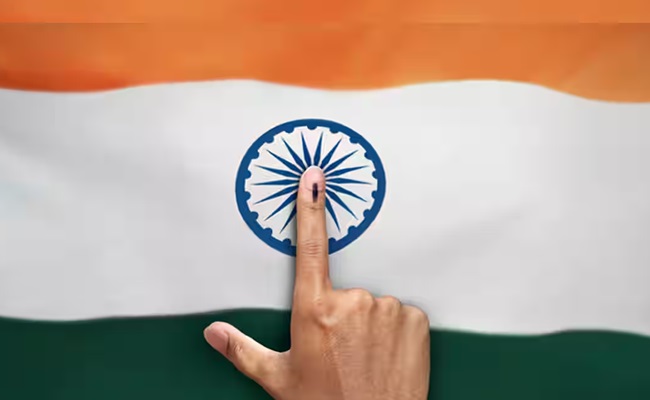
India News

The Lok Sabha elections of 2024 in India are set to be a monumental event, marking the largest democratic exercise in the world.
Scheduled to occur from April 19 to June 1, 2024, across seven phases, this election will decide the composition of the 18th Lok Sabha.
With the results announced on June 4, the election is anticipated to witness significant participation, involving 968 million eligible voters, an increase from the 2019 general election which had about 150 million fewer eligible participants.
The election comes in the wake of major political and social developments, including the consecration of the Ram Mandir in Ayodhya, the abolition of Article 370, and the implementation of the Citizenship Amendment Act, which have intensified Hindu nationalistic sentiments across the political landscape of India.
The election's slogan, "DESH KA GARV" translates to "Festival of Election, Nation's Pride," underlining the democratic spirit and national pride associated with the electoral process.
India's political scene is becoming increasingly bipolar, with two major alliances shaping up for the 2024 elections: the incumbent National Democratic Alliance (NDA), led by the Bharatiya Janata Party (BJP), and the opposition Indian National Developmental Inclusive Alliance.
These elections will feature six national parties, including the BJP, Indian National Congress, Communist Party of India (Marxist), Bahujan Samaj Party, National People's Party, and Aam Aadmi Party, with the Bahujan Samaj Party being the only one not part of these two major alliances.
Key political figures and parties have already started appealing to the electorate, highlighting the importance of voter participation in this "festival of democracy."
The election phases are meticulously planned, taking into account local holidays, exams, and the agricultural season to ensure maximum participation and minimal disruption.
The elections are not just a test of political will but also a reflection of India's commitment to democratic processes and the handling of its diverse societal issues.
As the country prepares for this monumental democratic exercise, the world watches closely
Pavan MK
Advertisment